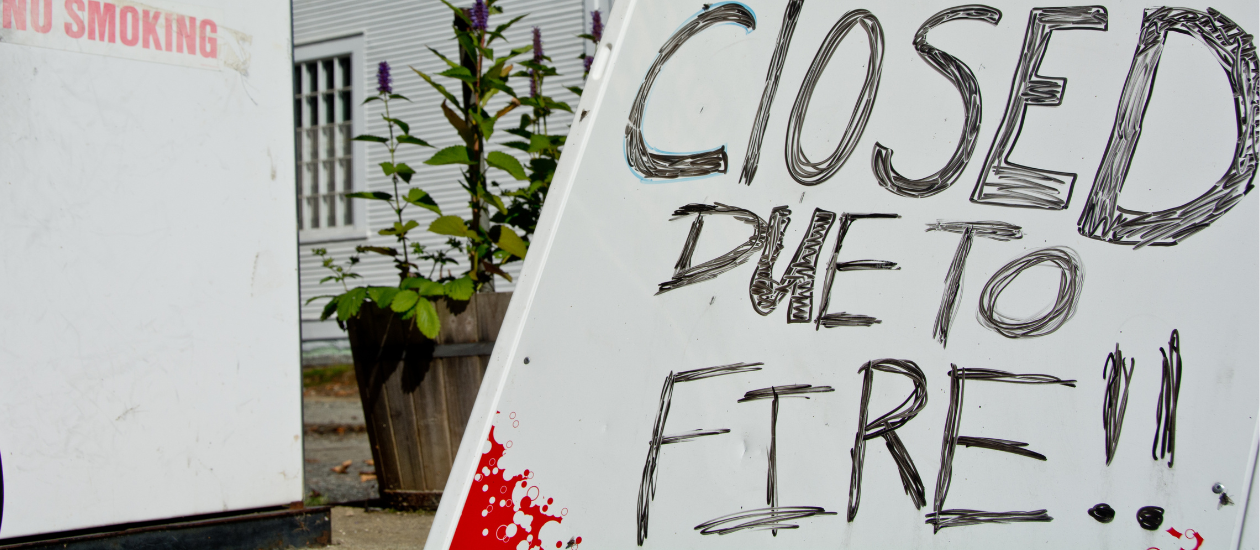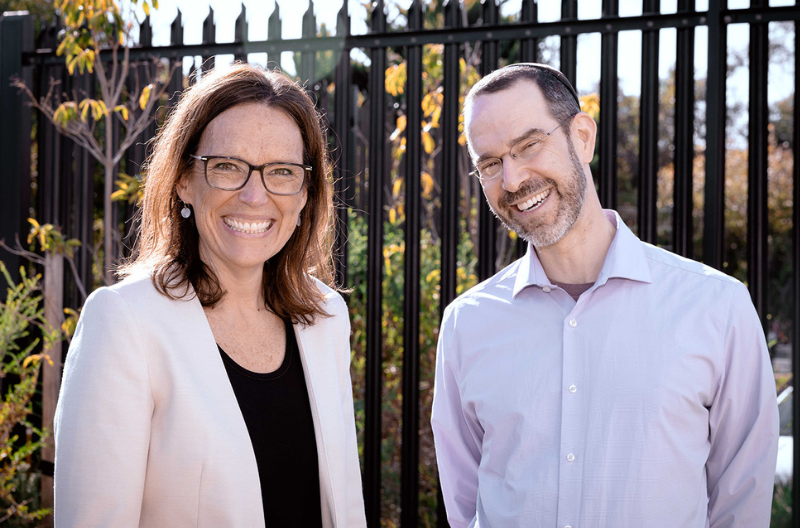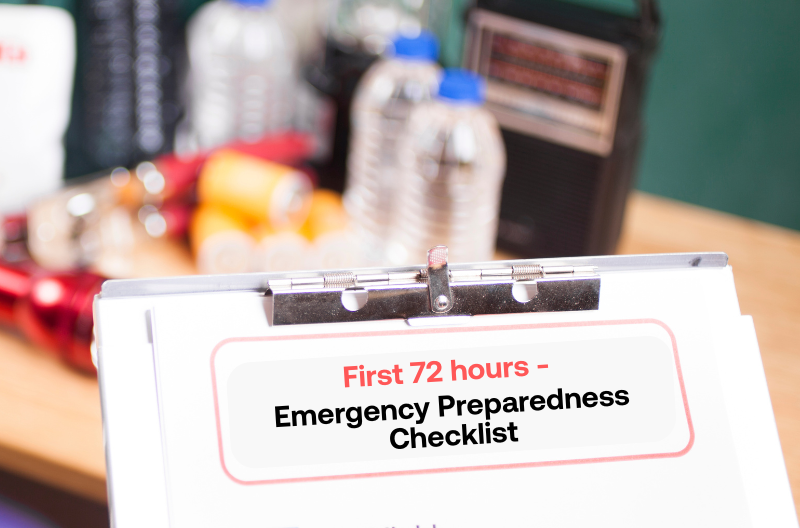Insights / Tourism business resilience
Why tourism needs to be disaster-ready
By renae hanvin
October 23 2023

A bushfire and flood and earthquake just last week!
The state of Victoria has been rocked (quite literally!) by a 3.0 magnitude earthquake, bushfires and floods in the past few months, testing the mettle of local businesses, including those built around tourism.
When two or more disasters happen within a small window of time, we describe them as compound disasters. Compound because they build on the negative outcomes of a singular event and can worsen or intensify the fallout. Disaster fatigue can also set in, leading to poor mental health and stress.
Tourism businesses are extremely vulnerable to disasters, with income dependent on visitor numbers to an area – visitors who could be deterred from coming or cannot physically access a place-based business service due to natural hazards or other disasters.
When tourism businesses shut their doors, communities lose jobs, products and services, leading to unemployment and poor social outcomes such as a rise in homelessness and domestic violence.
Resilient Ready has been working with business owners and operators in Phillip Island, the Bass Coast and along the Great Ocean Road that interact with short-stay or day visitors as part of a free program to build resilience in the tourism sector.
“Tourism businesses play a unique role in communities, catering for and sometimes being the drawcard for visitors to a destination,” Resilient Ready Founder and CEO Renae Hanvin said.
“The aim of this program is to upskill tourism operators, so they’re better prepared for when a disaster occurs and can continue operating long afterwards.”
Tourism industries must think and do things differently!
Speaking at the 2023 Australian Regional Tourism Convention in Newcastle recently, Renae shared how taking small steps towards disaster preparedness can make positive change and contribute to building wider community resilience.
“Building resilience is a shared responsibility. It’s important that tourism associations understand the challenges, barriers and demands of local businesses in our regional communities. And support the people behind local businesses to thrive, not fight to survive,” added Renae.
“Our Business Community Resilience (BCR) Toolkits use micro-learning modules and lived experience case studies to educate tourism operators to keep visitors safe, build positive relationships with their local emergency services, and be better prepared for disasters,” Renae said.
Working with Resilient Ready and the Country Fire Authority (CFA) on this project are VIC SES, Department of Jobs, Skills, Industry and Regions (DJSIR), Destination Phillip Island and Great Ocean Road Regional Tourism.
Resilient Ready is a social enterprise delivering innovative solutions to enable every organisation to thrive before, during and after disasters. To keep updated on news and current projects, sign up to our newsletter.



